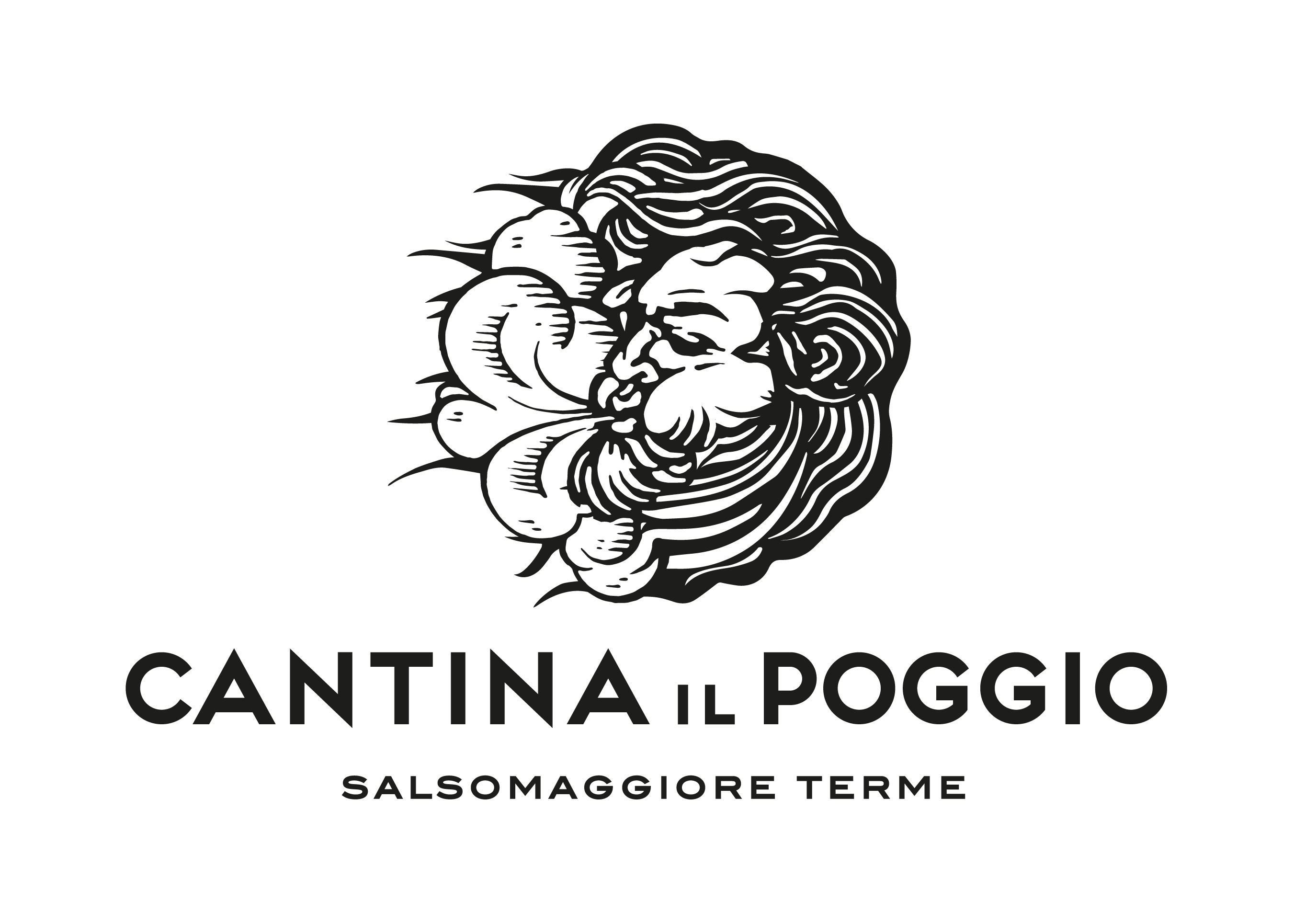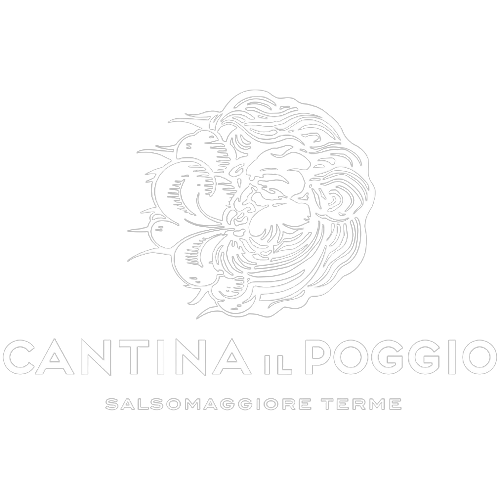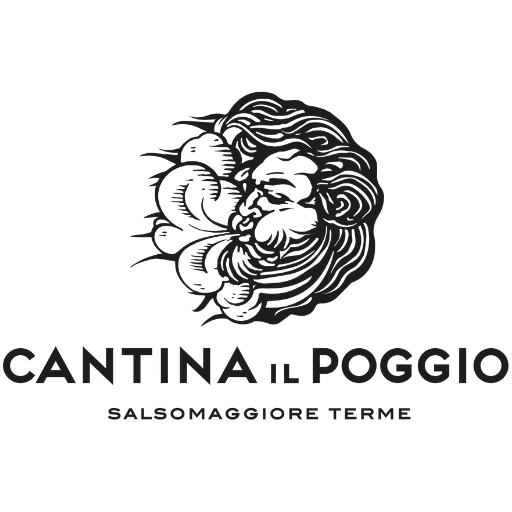Boomers & Millennials: how wine preferences changed?
Baby boomers and Millennials: how wine preferences changed?
Every day, we are witnesses of the great changes that have shaken up the last two decades. Among new technologies, socioeconomic and sociocultural trends, the food&wine sector definitely could not stand back and simply watch.
It is both amusing and thought-provoking the comparison between generations, who find themselves living together in an increasingly fast-paced, connected, and globalized world.

Wine consumption has significantly changed compared to just a few decades ago, specifically when a pandemic has deeply modified the way people drink.
The wine consumption after covid19
Despite Baby Boomers are approaching retirement age, several studies have shown that they are still the ones (37%) driving the economic fortunes of the sector, followed immediately by Millennials who, however, are different from their predecessors.
It is precisely during the biennium 2020-2022 that Millennials began to approach the world of wine, starting to choose a particular bottle at the supermarket, ending up to schedule the next wine tasting.
On the other hand, Boomers, during lockdown, have not changed their drinking habits, faithful to their usual wines, whose taste must be rigorously the same.
Afterward, thanks to the hashtag #stayhome the first wine deliveries born and platforms such as Tannico start to increasingly grow.
As a matter of fact, it is known that 56% of Millennials prefer drinking wine at home, even if they do not miss the opportunity for an aperitivo in a wine bar. Unlike, Boomers, on average, opt for daily consumption at home, without necessarily searching for new experience.
Baby boomers and Millennials: the real difference
It must be remembered that today’s young people pay attention to the territory and to the environment, by privileging the quality of the bootles, despite having lower purchasing power.
Winemakers and oenologists, who born twenty or thirty years ago, experience the strong threat of climate change and, consequently, implement new techniques to promote a more sustainable enviornment, in harmony with Nature.
For the new generations, wine is the guardian of a territory, with its history and culture, and for this reason, more than a half of Millennials buy a bottle directly from the producer (a curious fact is that only 18% buy it online).
They particularly appreciate storytelling from a wine expert, who is able to describe the different types of blends and vintages, the different vinification methods, ending up with a real purchasing experience.
Consequently, wine tourism is born, and recently, in Italy, we start to give it more and more importance: promoting a territory, bringing people closer to wineries that, until a few years ago, were even closed to the public.
The wine tourist is a passionate (sometimes, an expert) who, during holidays or in the weekends, loves to visit a winery, to get to know the native vines. He loves nature, outdoors activities and breathtaking landscapes, but is also open to the most humble and hidden cellars, which certainly contain unexpected gems.
Certainly, the new generations have optimized and re-evaluated the wine culture and its territory, by developing a new way of working more valuable than simply filling up a glass.
Cantina Il Poggio – a place of young professional dreamers
Cantina Il Poggio is a winery estate owned by a Gentleman and managed by a group of young Millennials who care about wine and hospitality.
We produce wine in a region (Emilia Romagna) that is relatively unknown, and it is this very fact that fuels our passion and fervor to share our story.
Visiting our Cantina is always possible (except on Sundays) from 9AM to 6PM (booking preferred).
We always organize for our guests a guided tour and a final wine tasting with local food pairings, in order to live a complete wine tourism experience.




Post a Comment